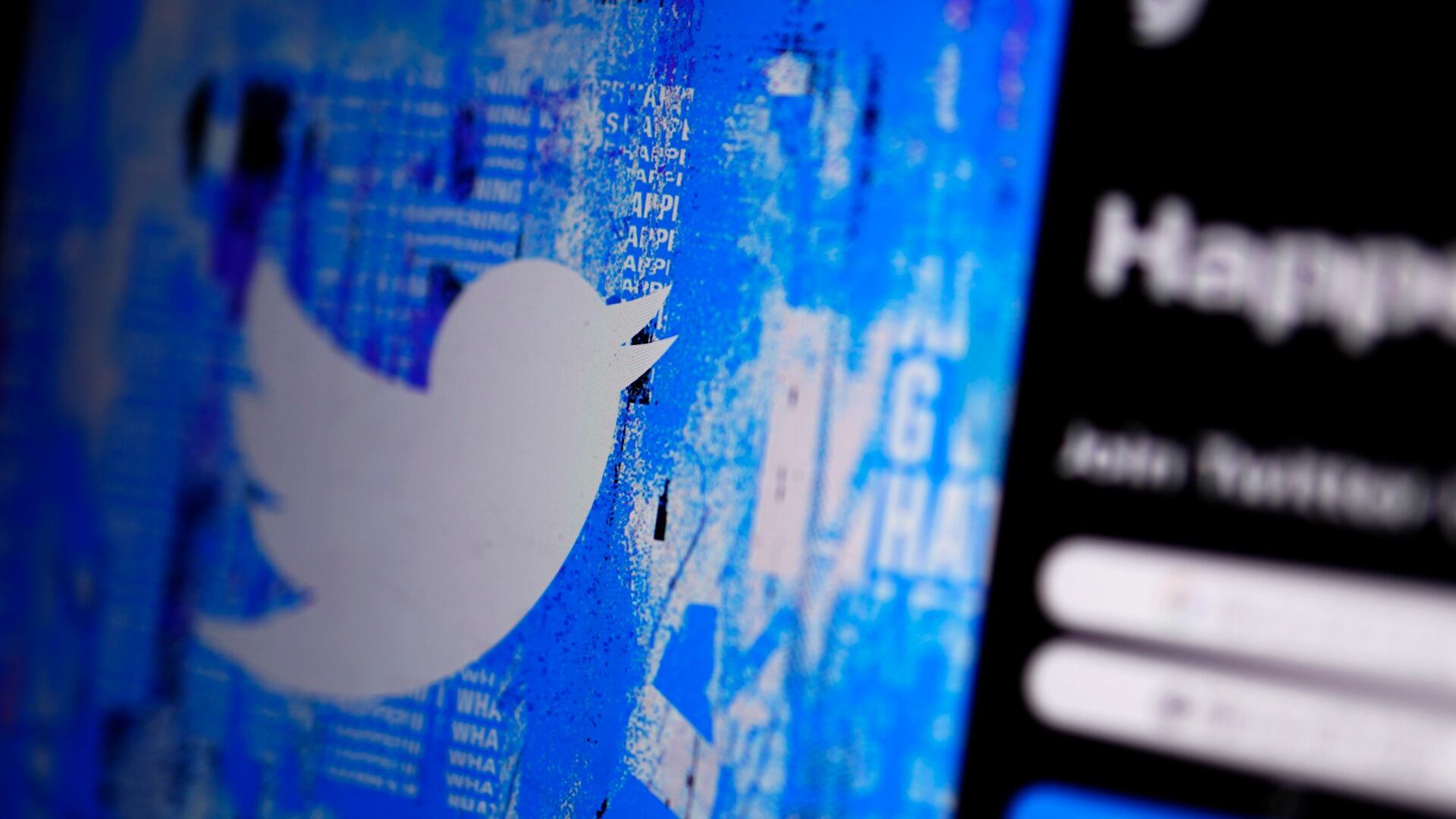By Barbara Ortutay
This time it's for real.
Many of Twitter’s high-profile users are losing the blue check marks that helped verify their identity and distinguish them from impostors on the Elon Musk-owned social media platform.
After several false starts, Twitter began making good on its promise Thursday to remove the blue checks from accounts that don't pay a monthly fee to keep them. Twitter had about 300,000 verified users under the original blue-check system — many of them journalists, athletes and public figures. The checks began disappearing from these users' profiles late morning Pacific Time.
High-profile users who lost their blue checks Thursday included Beyonce, Pope Francis and former President Donald Trump.
The costs of keeping the marks range from $8 a month for individual web users to a starting price of $1,000 monthly to verify an organization, plus $50 monthly for each affiliate or employee account. Twitter does not verify the individual accounts to ensure they are who they say they are, as was the case with the previous blue check doled out during the platform’s pre-Musk administration.
Celebrity users, from basketball star LeBron James to Star Trek’s William Shatner, have balked at joining — although on Thursday, James's blue check indicated that the account paid for verification. Seinfeld actor Jason Alexander pledged to leave the platform if Musk takes his blue check away.
“The way Twitter is going anyone could be me now. The verification system is an absolute mess,” Dionne Warwick tweeted Tuesday. She had earlier vowed not to pay for Twitter Blue, saying the monthly fee “could (and will) be going toward my extra hot lattes.”
On Thursday, Warwick lost her blue check.
After buying Twitter for $44 billion in October, Musk has been trying to boost the struggling platform’s revenue by pushing more people to pay for a premium subscription. But his move also reflects his assertion that the blue verification marks have become an undeserved or “corrupt” status symbol for elite personalities, news reporters and others granted verification for free by Twitter’s previous leadership.
Twitter began tagging profiles with a blue check mark starting about 14 years ago. Along with shielding celebrities from impersonators, one of the main reasons was to provide an extra tool to curb misinformation coming from accounts impersonating people. Most “legacy blue checks,” including the accounts of politicians, activists and people who suddenly find themselves in the news, as well as little-known journalists at small publications around the globe, are not household names.
One of Musk’s first product moves after taking over Twitter was to launch a service granting blue checks to anyone willing to pay $8 a month. But it was quickly inundated by impostor accounts, including those impersonating Nintendo, pharmaceutical company Eli Lilly and Musk’s businesses Tesla and SpaceX, so Twitter had to temporarily suspend the service days after its launch.
The relaunched service costs $8 a month for web users and $11 a month for users of its iPhone or Android apps. Subscribers are supposed to see fewer ads, be able to post longer videos and have their tweets featured more prominently.
___
AP Technology Writer Matt O'Brien contributed to this report.













